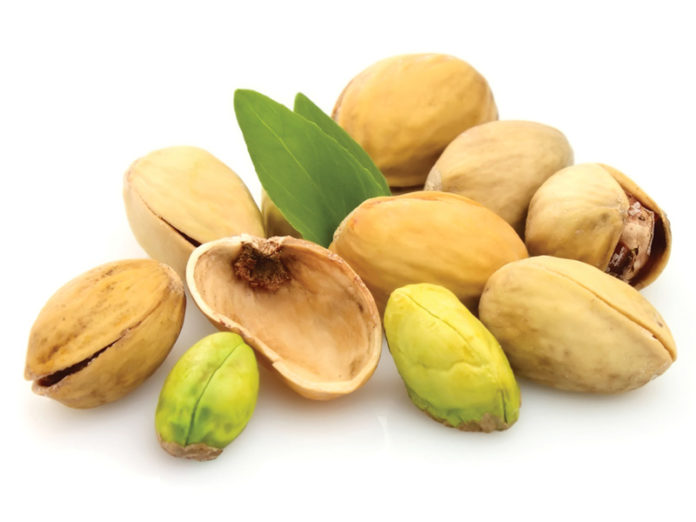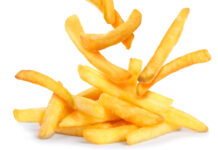
Protein is one of the body’s basic building blocks. When most people think about protein, images of meat, yogurt and eggs jump into their head. But did you know that absolutely every whole food contains protein? From morning breakfast grains to evening salad, these foods are packed with easily digestible plant protein.
Plant-based foods tend to be high in fibre, are almost free from cholesterol and are often alkalizing to the body. In comparison, animal products contain no fibre and are acidifying to the body. This means they can leach minerals, negatively impacting the digestive/lymphatic system and decrease oxygen levels in the blood.
Athletes in training need 1.2 to 2 grams of protein per kilogram of bodyweight every day to help rebuild muscles that are broken down during exercise.
Including more plant sources of protein into your diet can support health, recovery and athletic performance. There are many nutrient dense foods with high protein content. Here are some of the top plant based proteins:
Lentils and Beans
The foundation of many ancient diets, lentils and beans are rich in minerals, a good source of B vitamins, fibre and protein, making for a great overall food.
Measure/food = Protein(grams)
- 1 cup *Soybeans (tofu) = 28g
- 1 cup Tempeh = 30g
- 1 cup Lentils = 18g
- 1 cup Garbanzo beans = 14.5g
- 1 cup Kidney & black beans = 13-15g
- 1 oz. Peanuts = 6.5g
*Look for Canadian soy as it has always been grown for food and has more protein than foreign sources.
Raw Nuts and Seeds
A core food for vegetarian and vegan diets, raw nuts and seeds are rich in essential fats (Omega 3, 6, 9) which the body does not produce but uses to form every cell in our body. Hemp, the super seed, is one of all-stars in the seed family providing a balance of Omega fatty acids, alkaline fibre and protein.
Measure/food = Protein(grams)
- 1 oz. Raw cashews = 4.4g
- 1 oz. Sesame seeds = 6.5g
- 3 Tbsp. Tahini = 8g
- 1/4 cup Walnuts = 5g
- 1 oz. Pistachios = 5.8g
- 2 Tbsp. Almonds = 4g
- 2 Tbsp. Nut butters (almond, cashew) = 8g
- 1 oz. *Hemp = 11g
*1 oz. of hemp powder in your smoothie contains 11 grams of protein, plus fibre and essential fats.
Vegetables
The proper foundation for every diet, vegetables are packed with protein. Source local and organic vegetables whenever possible.
Measure/food = Protein(grams)
- 1 Avocado = 10g
- 1 cup Peas (pods) = 9g
- 1 cup Broccoli = 5g
- 1 cup Cooked yam = 5g
- 1 cup Spinach = 5g
- 2 cups Kale = 5g
- 1 Portabello mushrooms (veggie steak) = 15g
Whole Grains
Ancient grains, sprouted grains, multi-grains and even protein powders give us the best source of fibre and help support the formation of enzymes to digest and metabolize key nutrients.
Measure/food = Protein(grams)
- 1 cup *Quinoa = 9-13g
- 1 cup Amaranth, tapioca, buckwheat, brown rice, wheat germ, oat bran = 8-10g
- 1 cup Steel cut oats = 7g
- 1 slice Sprouted grain bread = 7-10g
*Look for high-altitude quinoa for maximum nutrient and protein content.
Non-Dairy Milks
Non-dairy milks also are rich in protein and can be added into your diet or can replace dairy milk. This gives new flavour, alkaline support and nutrient-dense options to traditional dairy.
Options include whole grain rice, almond, hazelnut, coconut, hemp and ancient grains (quinoa). One cup contains 8-10 grams of protein.
Other Sources of Plant Protein
Other sources of plant protein, including sea greens, leafy greens and supplements: sea veggies, chlorella, blue green algae and moringa (leafy green from Africa) all have high nutrient content, including iron and B12 and protein. These contain 15-20g of protein per serving. Add plant protein to each meal, or build your lifestyle around plant protein to enjoy all the flavour and benefits.















